7 Tips to Know Before Buying from an Indoor Plant Store Near You
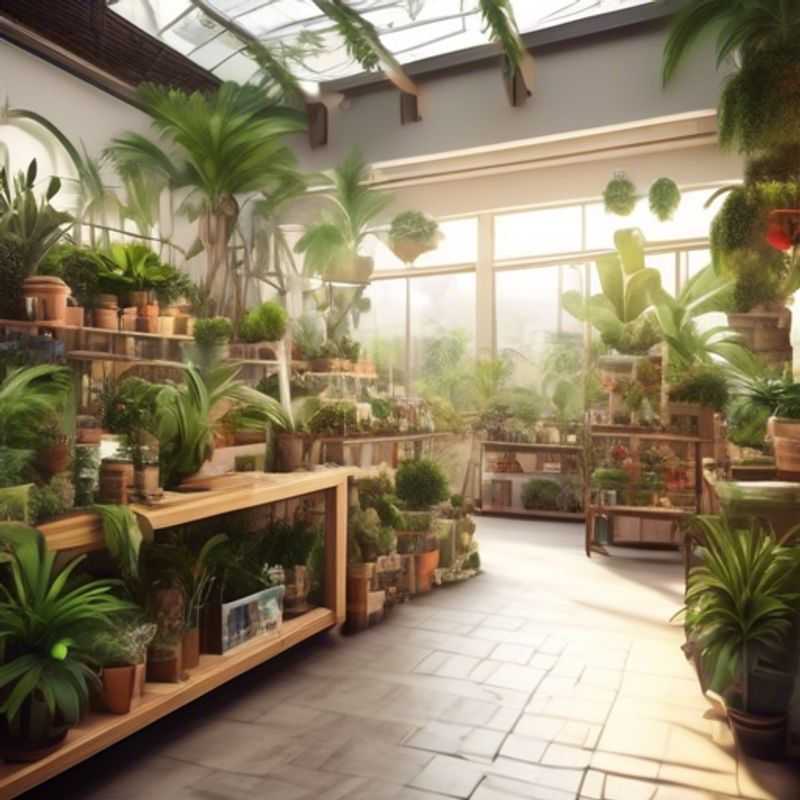
7 Tips for Choosing the Right Indoor Plant Store: Research, Policies, Expertise, Delivery, Specialization, Cleanliness, and Sourcing
Bringing a bit of the outdoors in is a fantastic way to enhance your home, and a thriving indoor plant can be a source of joy and tranquility. But choosing the right plant store can make all the difference in your plant-owning journey. So before you venture out, consider these seven tips to help you find the perfect indoor plant haven:
1. Research local indoor plant stores and compare their selection and prices.
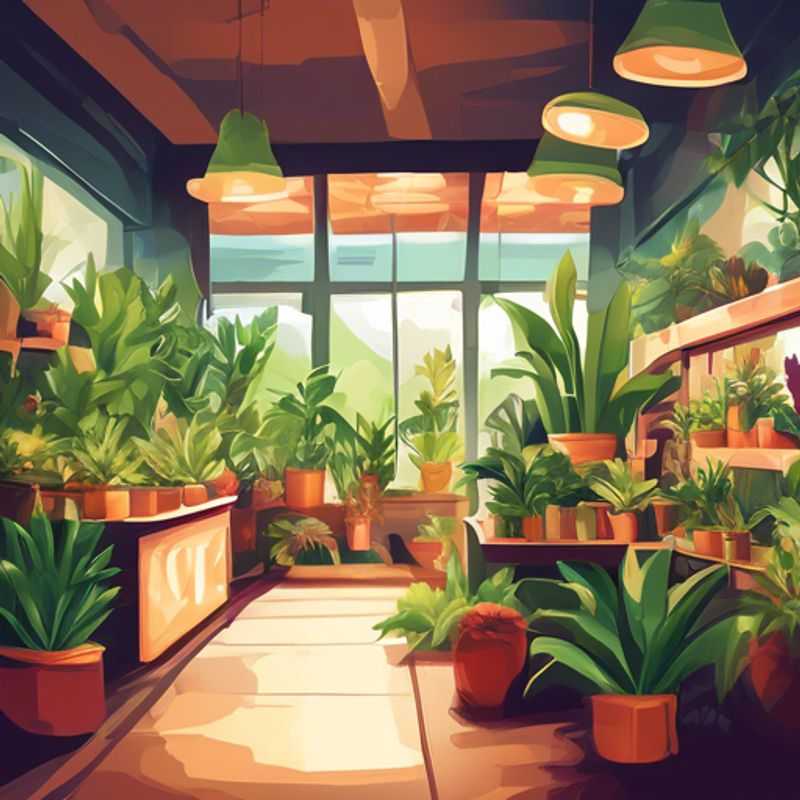
Find Your Perfect Plant: A Guide to Researching Local Indoor Plant Stores
Finding the perfect indoor plant can be a delightful journey, but it's wise to shop around to get the best selection and prices. Researching local indoor plant stores is key. You'll want to compare their plant selections, looking for variety, health, and unique offerings. Check prices for similar plants across different stores, considering factors like size and pot type. You may also want to factor in additional costs like delivery fees or plant care workshops if they're offered.
Start your search online. Use search engines with keywords like "indoor plant stores near me" or "local plant shops." Look for websites with clear descriptions of their inventory and pricing, or browse online marketplaces. Social media can also be a valuable source for local recommendations and reviews. Don't hesitate to call the stores directly to inquire about their current stock and any special offers.
Once you've narrowed down your choices, make time for a visit. Observe the overall atmosphere and ambiance of the store. Pay attention to the staff and their knowledge – they're often your best resource for plant care advice. Don't forget to ask about their return policies and warranties. Take your time, browse the selection, and enjoy the experience. Happy plant hunting!
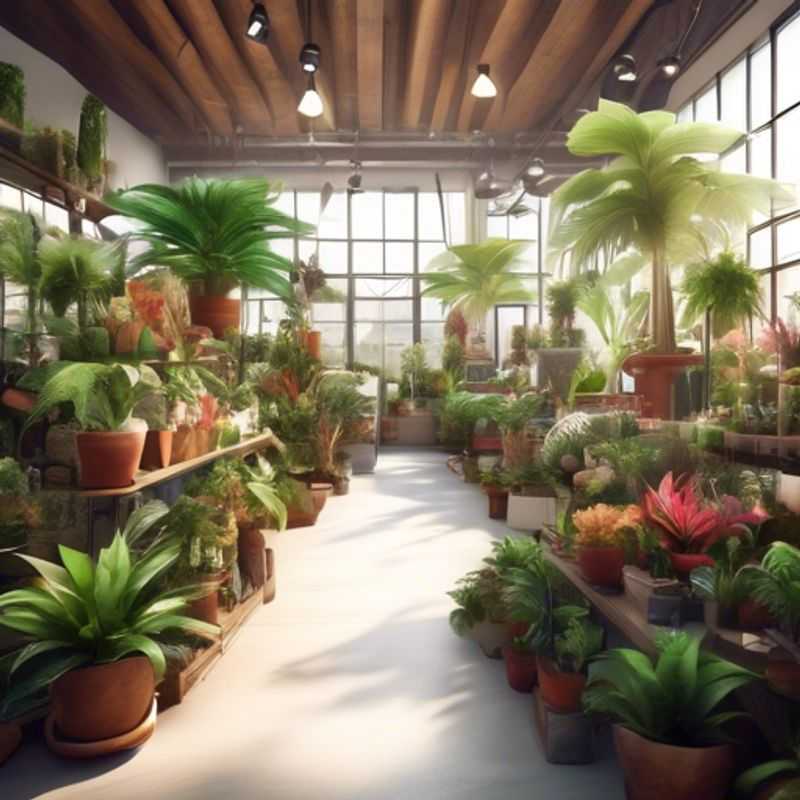
Navigating the Green Labyrinth: Understanding Plant Return, Exchange, and Warranty Policies
Before purchasing a plant, it's crucial to familiarize yourself with the store's policies regarding returns, exchanges, and warranties. This proactive approach can save you potential headaches and ensure a smooth transaction.
Returns: Most stores have policies regarding returns, especially for plants that may not thrive in your environment. Check if they offer full refunds, partial refunds, or store credit. It's also important to understand the return window and any specific requirements, such as providing proof of purchase. Some stores may charge a restocking fee or require the plant to be in its original packaging. Be aware of potential restrictions for plants considered hazardous or invasive.
Exchanges: Some stores may offer exchanges for plants that are not suitable for your needs. Ensure you understand the process, including the conditions for exchanging a plant. For example, some stores may require a receipt or may only allow exchanges within a certain period.
Warranties: Many stores offer warranties on plants, which can provide peace of mind in case of issues like disease or pest infestation. Warranties typically cover a specific timeframe and may include replacement or repair options. Read the fine print carefully to understand the scope of the warranty, any exclusions, and the process for making a claim.
Fees: Be prepared for potential fees associated with returns, exchanges, or warranties. These fees might include restocking fees, delivery charges, or inspection costs. Ask about any fees upfront to avoid surprises later.
By taking the time to understand the store's policies, you can make informed decisions and avoid any potential conflicts.
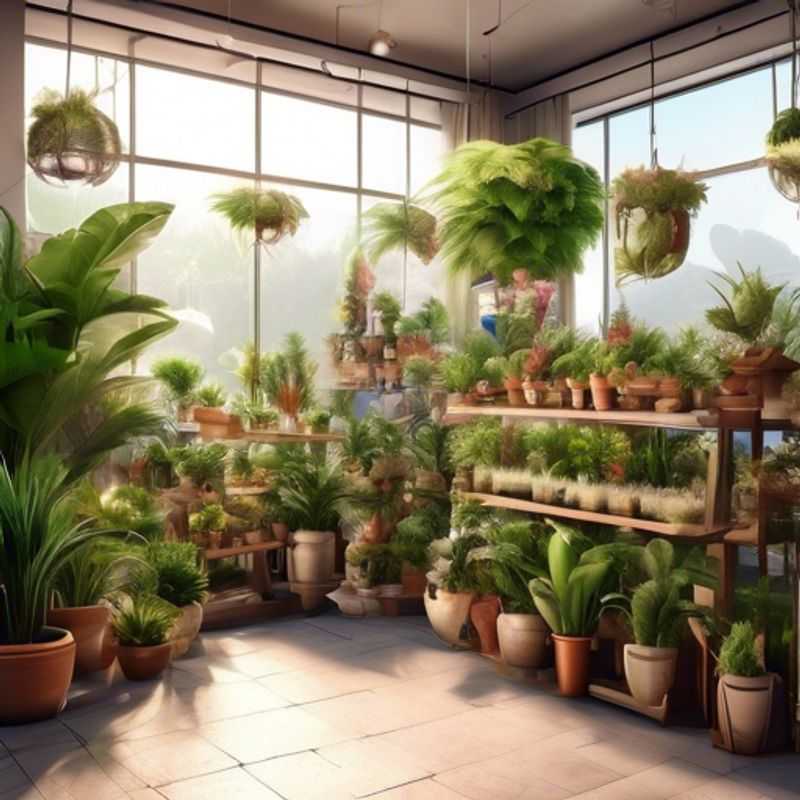
Beyond the Sale: Exploring a Store's Plant Care Expertise and Resources
When exploring a garden center, it's essential to engage with their expertise to ensure your plant's flourishing. Asking about their plant care experience demonstrates your dedication to responsible gardening. Inquire about their staff's training and qualifications, especially regarding specific plant types you're interested in.
Don't hesitate to ask if they offer any educational resources, like workshops, seminars, or even online guides. These resources provide valuable insights into proper plant care, helping you avoid common mistakes and achieve success in your gardening journey.
Remember, investing in knowledge is an investment in your plants' well-being. Engaging with a garden center's expertise can transform your gardening experience, leading to thriving plants and a sense of accomplishment.
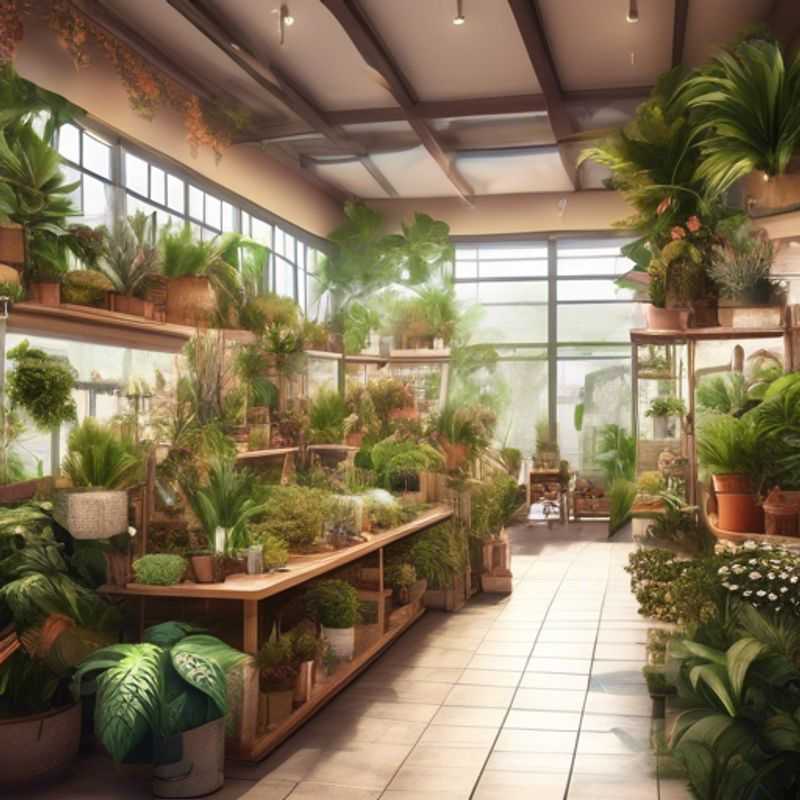
Delivery Details: Fees, Options, and the Fine Print
When budgeting for your online purchases, delivery options and associated fees are crucial factors to consider. These can vary widely depending on the store, your location, and the urgency of your need.
Most stores offer a range of delivery options, from standard shipping to expedited services. Standard shipping is generally the most affordable option, but it takes longer to arrive. Expedited shipping is faster, but comes with a higher price tag. Some stores even offer same-day delivery for an additional fee, ideal if you need your item urgently.
Don't forget to factor in potential taxes and handling fees that might be added to your final cost. These fees are not always explicitly stated upfront, so be sure to check the store's website or contact their customer service team for clarity.
Read the fine print carefully to avoid unpleasant surprises. Some stores might offer free shipping for orders over a certain amount, while others might charge a flat rate regardless of the order value.
Compare delivery options and costs from different stores before making a purchase. This will help you find the best value for your money. Ultimately, weighing the urgency of your need against the cost of different delivery options will help you make an informed decision that fits your budget and timeline.
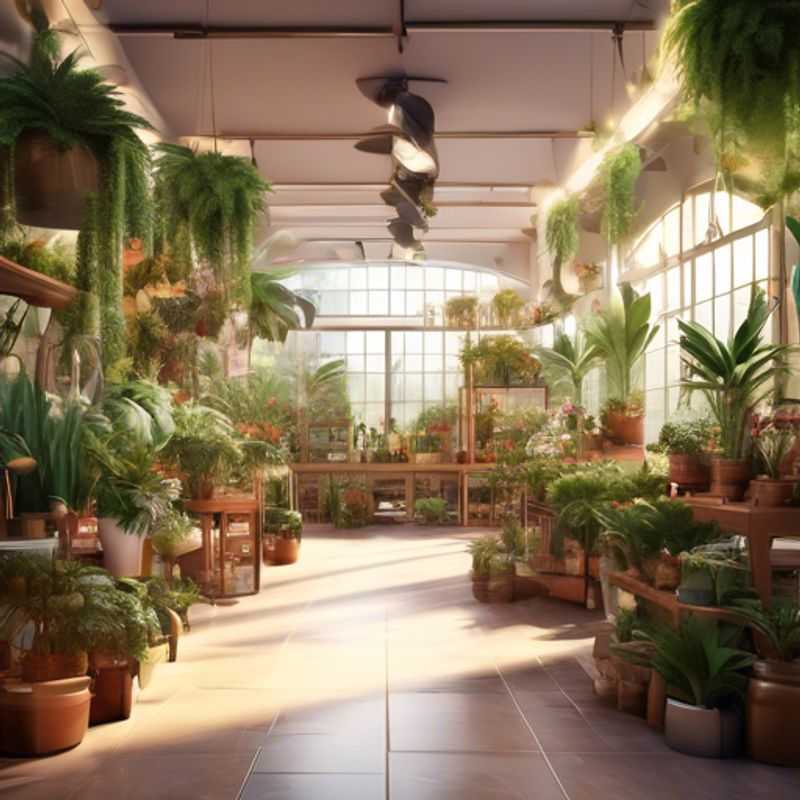
Find Your Green Oasis: Seek Out Stores Specializing in Your Plant Passions
When seeking indoor plants, specializing your search is key. Look for stores that focus on the specific types of plants you're interested in. This ensures you're not overwhelmed with options and find the right plant for your needs.
For instance, if you want cacti and succulents, search for stores specializing in desert plants. Similarly, if you're after ferns or tropical foliage, look for stores focused on those varieties.
Specialization often translates to greater expertise. Stores that specialize in certain plants often have staff knowledgeable about their specific needs and care requirements. This can be invaluable for beginners or those seeking more advanced knowledge.
Remember to inquire about any additional fees associated with specialized stores. Some might have higher prices due to their curated selections or specialized care practices.
By focusing your search on stores that specialize, you're likely to find a greater variety of healthy plants, expert advice, and potentially even unique and rare varieties.
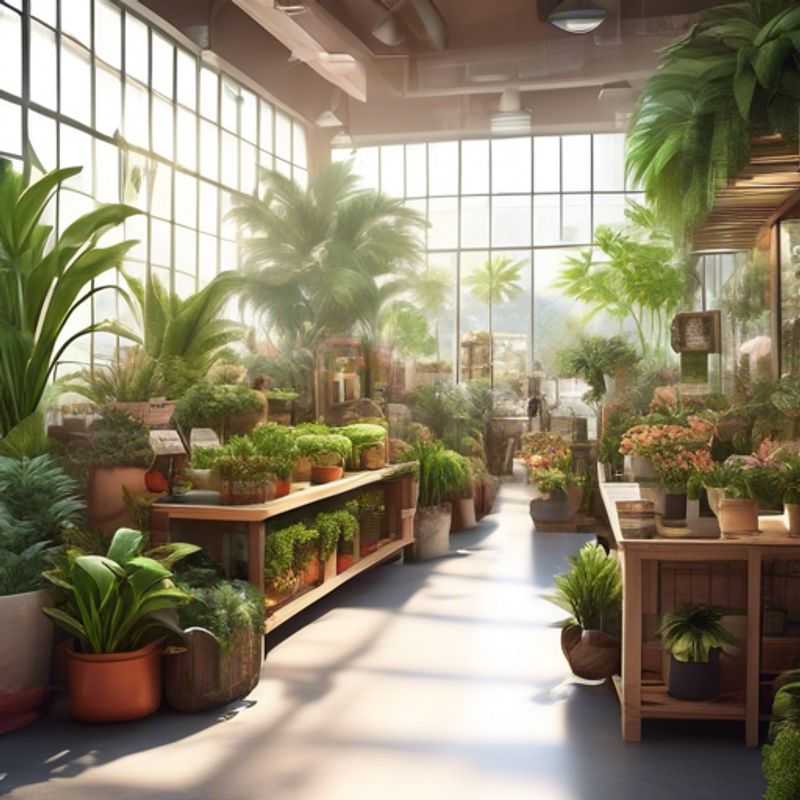
Assessing Plant Health: A Guide to Evaluating Cleanliness and Overall Wellbeing
Assessing the overall cleanliness and health of plants in a store is crucial for maintaining a welcoming and thriving environment. This involves a comprehensive evaluation of both the plants themselves and their surroundings. A thorough inspection should consider the following factors:
Plant Health:
Inspect the plants for signs of disease or pests. Look for discoloration, wilting, or any unusual growth patterns. Examine the leaves for holes, spots, or insect activity. Also, check the soil for signs of mold, fungus, or excessive dryness.
Plant Cleanliness:
Ensure that plants are free of dust and debris. Dusting the leaves regularly will improve their appearance and allow for better light absorption. Check for any dead leaves or flowers, and remove them promptly. Additionally, ensure that the pots and surrounding areas are clean and free of dirt or spills.
Environment:
Assess the overall cleanliness and hygiene of the surrounding environment. This includes the floor, shelves, and any other surfaces where plants are displayed. Check for spills, dirt, or any potential hazards that could affect the plants' health. Ensure proper lighting and ventilation.
Maintenance Practices:
Observe the store's maintenance practices for the plants. Are they being watered and fertilized appropriately? Are they receiving adequate sunlight? Are pest control measures being implemented effectively? A regular schedule for plant care is crucial for their well-being.
Overall Impression:
Take a step back and consider the overall impression of the plants and their surroundings. Do they appear healthy, clean, and well-maintained? A healthy and vibrant plant display contributes significantly to the store's overall aesthetic appeal and customer experience.
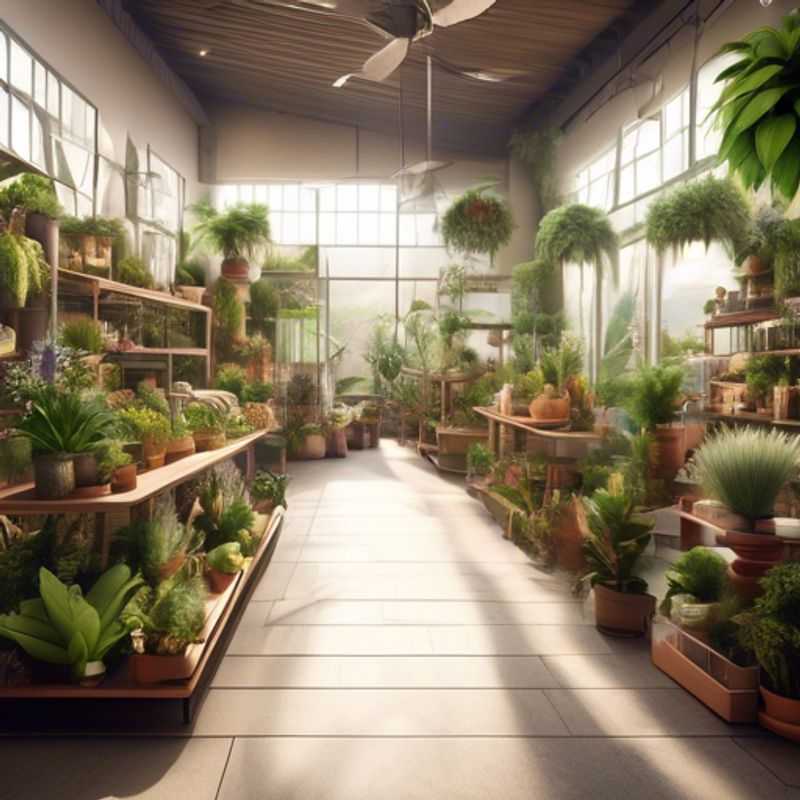
Beyond the Price Tag: Asking About Sourcing Practices and Plant Quality
When buying plants, it's crucial to understand where they come from. Ask about the store's sourcing practices. This means learning about their suppliers and how they obtain their plants. You should inquire about the quality of the plants and the supplier's reputation. If you are paying for premium plants, make sure they are sourced from reputable growers known for healthy and thriving plants. If you are buying plants online, be sure to look for reviews of the store's supplier and their sourcing practices.
You may also want to ask about the store's plant care practices. This could include information about how the plants are stored and cared for before they are sold. A good store will take good care of their plants, ensuring they are healthy and free from pests and diseases.
By asking these questions, you can ensure that you are buying plants that are of good quality and that have been ethically sourced. You can also help to support businesses that are committed to sustainability and ethical practices. These inquiries can help to guarantee that you are getting healthy, high-quality plants, while also supporting the environmentally responsible practices of businesses.
